HMG
Human Menopausal Gonadotropin (HMG) is a hormone-derived peptide composed of both Follicle-Stimulating Hormone (FSH) and Luteinizing Hormone (LH). It is extracted from the urine of postmenopausal women and used extensively in reproductive and endocrine research. HMG is supplied in liquid form with a purity level of ≥99%, intended strictly for in-vitro laboratory research use.
$44.99
In stock
Overview
HMG is primarily studied for its roles in ovarian stimulation, follicular development, and endocrine regulation. Due to its dual gonadotropin activity, it is a core compound in fertility-related research and reproductive health protocols.
Product Research
-
Ovarian Stimulation in Assisted Reproductive Technology (ART)
HMG is commonly used in ovarian stimulation protocols for IVF. Clinical studies have found it effective in promoting follicular development, sometimes more consistently than recombinant FSH [1].
-
Cost-Effective Alternatives in Stimulation
A study comparing gonadotropins found that completing stimulation with low-dose hCG after using corifollitropin alfa and HMG reduced IVF costs without affecting pregnancy rates [2].
-
Synergistic Effect with Growth Hormone
In ovulation induction research, HMG used with growth hormone showed enhanced follicular response, especially in GH-deficient or poor responder patients [3].
-
Cycle Variability in Ovarian Response
A study on repeated ovarian stimulation cycles with HMG found acceptable variability, suggesting HMG can be effective across multiple IVF cycles [4].
-
Role of Adjuvants
Though some data show benefits of growth hormone as an adjuvant to HMG in IVF, a controlled study found no significant advantage in general IVF populations [5].
Disclaimer
This product is intended for laboratory research and development purposes only. It is not approved for human consumption, medical, or veterinary use. The information provided is for scientific reference only and should be used by qualified professionals in controlled laboratory environments.
Referenced Citations
- Comparison of recombinant FSH and hMG in ART protocols – PubMed
- Low-dose hCG versus hMG/FSH for cost-effective stimulation – PubMed
- Growth hormone and hMG co-administration in ovulation induction – PubMed
- Ovarian response variability with corifollitropin alfa and hMG – PubMed
- Growth hormone as adjuvant therapy in IVF: a randomized trial – PubMed
Related Products
Overview
HMG is primarily studied for its roles in ovarian stimulation, follicular development, and endocrine regulation. Due to its dual gonadotropin activity, it is a core compound in fertility-related research and reproductive health protocols.
Product Research
-
Ovarian Stimulation in Assisted Reproductive Technology (ART)
HMG is commonly used in ovarian stimulation protocols for IVF. Clinical studies have found it effective in promoting follicular development, sometimes more consistently than recombinant FSH [1].
-
Cost-Effective Alternatives in Stimulation
A study comparing gonadotropins found that completing stimulation with low-dose hCG after using corifollitropin alfa and HMG reduced IVF costs without affecting pregnancy rates [2].
-
Synergistic Effect with Growth Hormone
In ovulation induction research, HMG used with growth hormone showed enhanced follicular response, especially in GH-deficient or poor responder patients [3].
-
Cycle Variability in Ovarian Response
A study on repeated ovarian stimulation cycles with HMG found acceptable variability, suggesting HMG can be effective across multiple IVF cycles [4].
-
Role of Adjuvants
Though some data show benefits of growth hormone as an adjuvant to HMG in IVF, a controlled study found no significant advantage in general IVF populations [5].
Disclaimer
This product is intended for laboratory research and development purposes only. It is not approved for human consumption, medical, or veterinary use. The information provided is for scientific reference only and should be used by qualified professionals in controlled laboratory environments.
Referenced Citations
- Comparison of recombinant FSH and hMG in ART protocols – PubMed
- Low-dose hCG versus hMG/FSH for cost-effective stimulation – PubMed
- Growth hormone and hMG co-administration in ovulation induction – PubMed
- Ovarian response variability with corifollitropin alfa and hMG – PubMed
- Growth hormone as adjuvant therapy in IVF: a randomized trial – PubMed
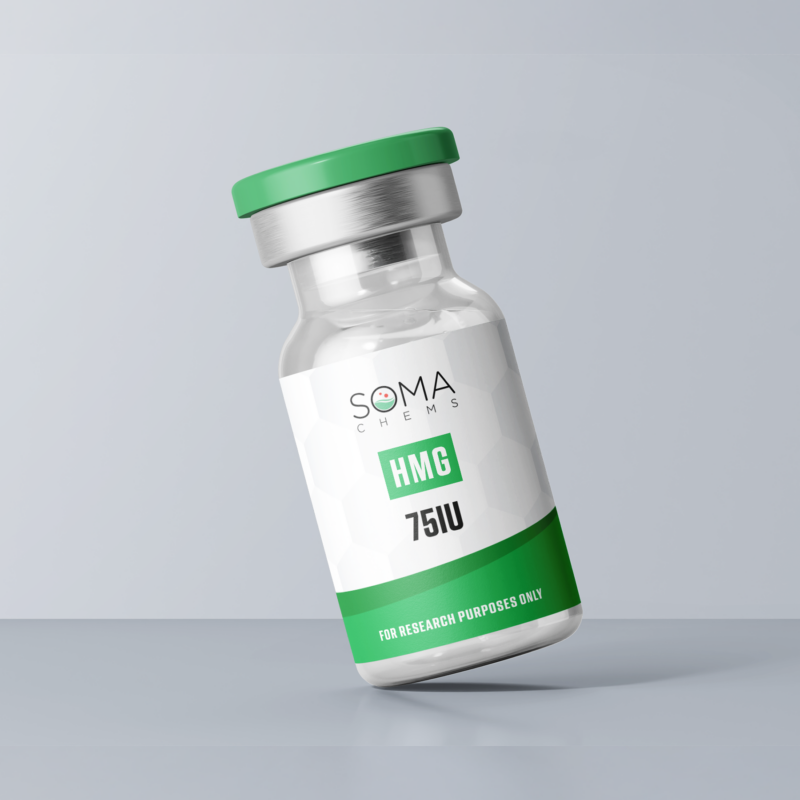
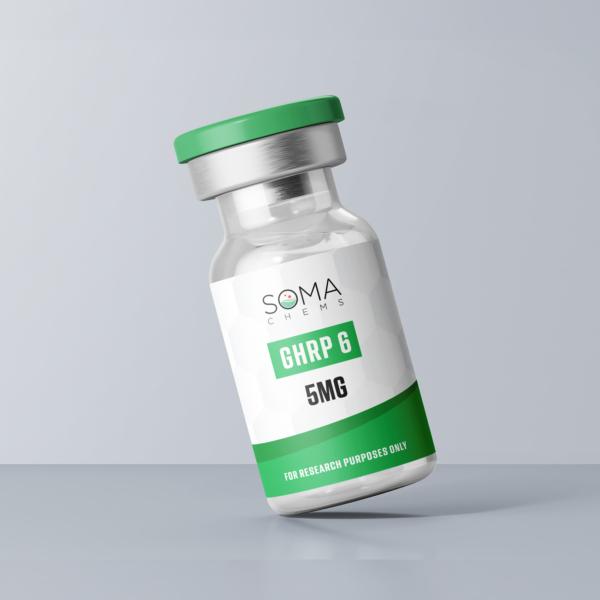
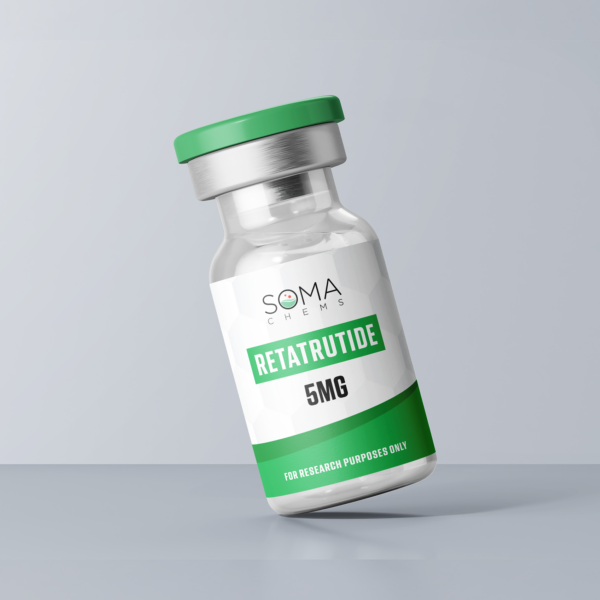
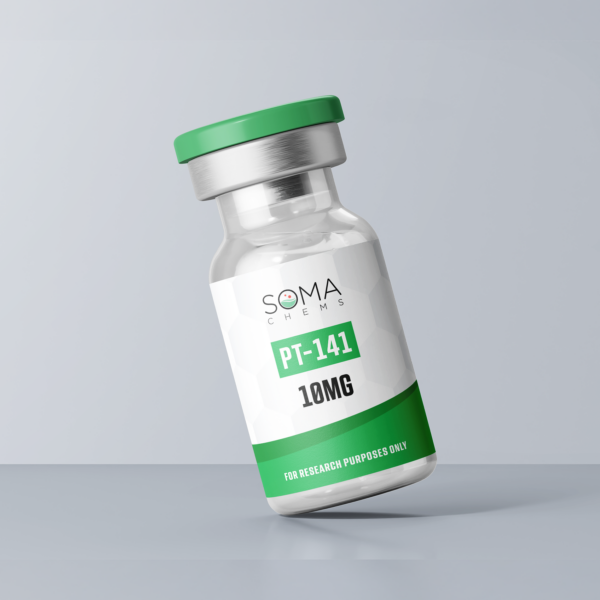
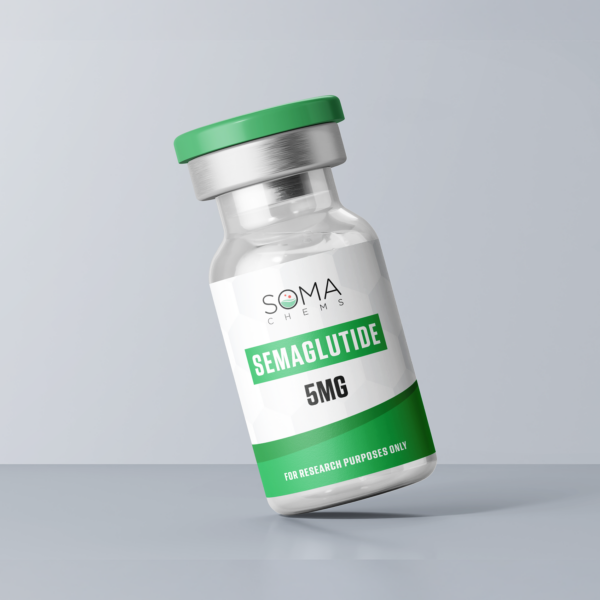
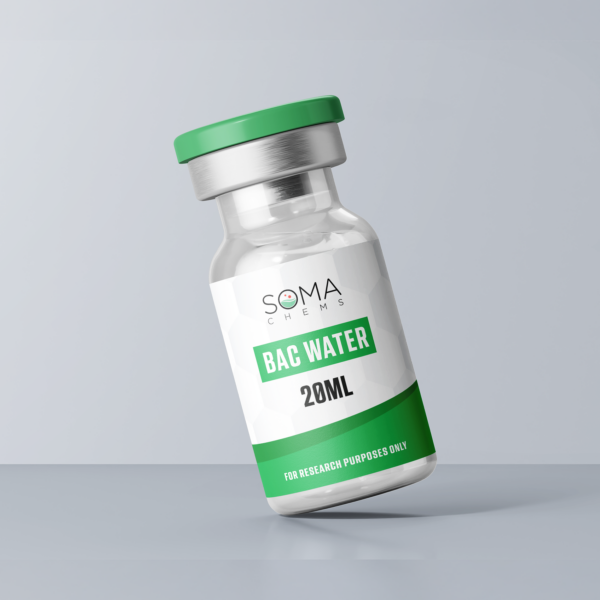
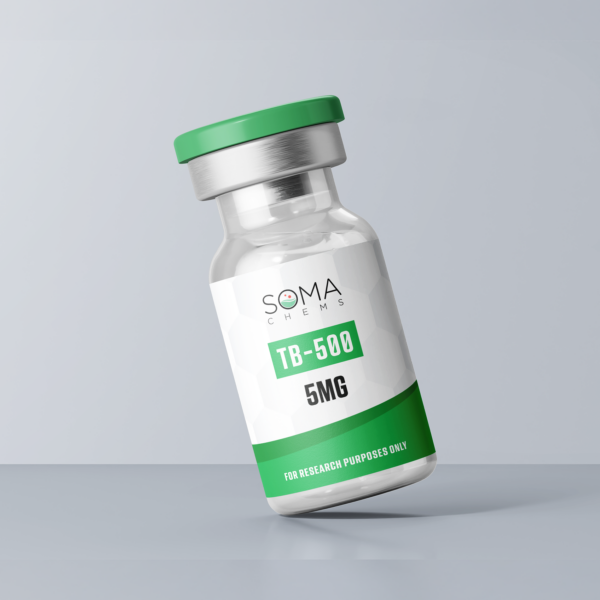
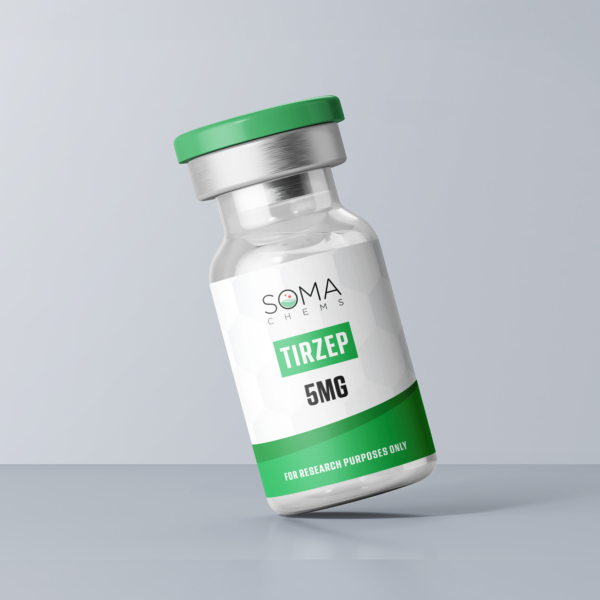
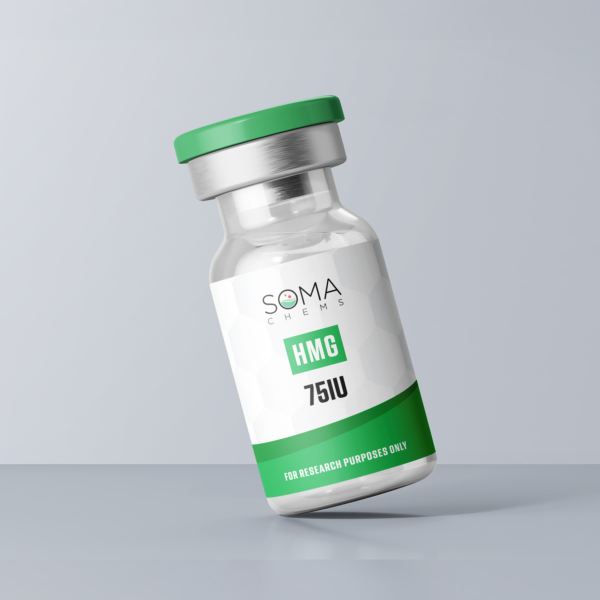
Reviews
There are no reviews yet.